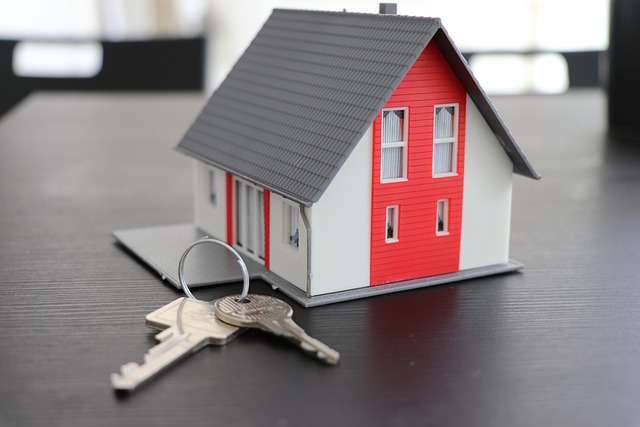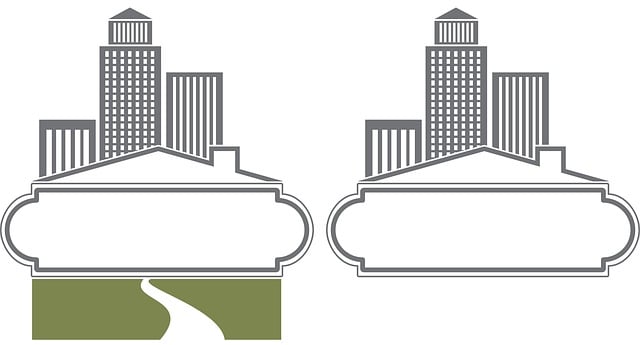When considering a new home in Singapore, the choice between an Executive Condominium (EC) and a Housing & Development Board (HDB) flat depends on individual preferences and long-term objectives. ECs are designed for married or engaged couples with at least one Singaporean citizen, offering larger units with premium amenities and a blend of public and private living features, suitable for growing families. With a 99-year leasehold tenure, ECs provide a balance between affordability and the potential for long-term value appreciation. HDB flats, on the other hand, are more accessible and offer stability and affordability, especially for first-time buyers, with options for resale in mature estates that are well-serviced by amenities and infrastructure. The Matrimonial Home Conversion Scheme allows ECs to be reclassified as private property after five years of residence and three years of marriage, increasing their market value and providing greater flexibility for the family's future needs. Both housing types have their unique benefits, and the decision should be based on one's financial planning, lifestyle aspirations, and investment prospects.
In Singapore’s dynamic housing landscape, discerning between an Executive Condominium (EC) and a Housing & Development Board (HDB) flat is pivotal for homebuyers. This article delves into the nuanced comparison of EC Condos and HDB Flats, illuminating the distinct paths they offer towards homeownership. From eligibility and financial implications to location, design, and long-term benefits, each aspect is scrutinized to aid in making an informed decision that aligns with your lifestyle and future aspirations. Whether you’re a first-time buyer or considering an upgrade, understanding the differences between EC Condos and HDB Flats is crucial for navigating Singapore’s property market effectively.
- Understanding the Fundamentals of EC Condos and HDB Flats in Singapore's Housing Market
- Eligibility Criteria: Who Can Own an EC Condo vs. HDB Flat in Singapore?
- Financial Considerations: Cost of Acquisition, Mortgage Rates, and Resale Value
- Location and Design: Selecting the Right EC Condo or HDB Flat for Your Lifestyle
- Resale and Rental Potential: The Secondary Market for EC Condos and HDB Flats
- Long-Term Benefits: Understanding the Matrimonial Home Conversion Scheme for ECs
- Comparing Amenities and Facilities: What to Expect from EC Condos and HDB Estates
- Making an Informed Decision: Pros and Cons of Opting for an EC Condo or an HDB Flat
Understanding the Fundamentals of EC Condos and HDB Flats in Singapore's Housing Market
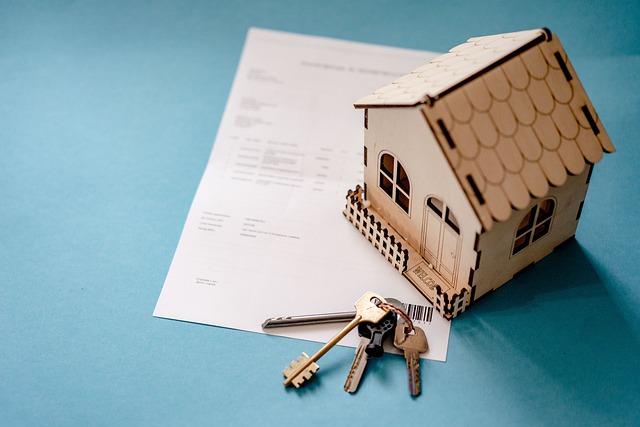
In Singapore’s dynamic housing market, understanding the nuances between an Executive Condominium (EC) and a Housing & Development Board (HDB) flat is crucial for prospective homeowners. EC condos are a hybrid housing option designed to offer the benefits of both public and private housing. They cater to the needs of upgrading families who outgrow their HDB flats but may not yet afford a private residential property. These units are built with modern amenities and facilities, and while they offer the space and sophistication of a private condo, they come with a shorter minimum occupation period compared to private properties. Upon reaching the 10th anniversary from the date of taking keys, EC owners can sell their units in the open market, including to citizens and permanent residents. This flexibility makes ECs an attractive option for those looking to upgrade from an HDB flat without the full price tag associated with a private condo.
On the other hand, HDB flats are the most common form of housing in Singapore, providing affordable and quality living options for singles, couples, and families. They come with a 5-year minimum occupation period on the first sale and a 10-year period on subsequent sales. HDB flats are not only a stepping stone for first-time homeowners but also contribute to a stable community living environment. With a comprehensive range of sizes, types, and locations, these flats cater to various needs and incomes, making them accessible to the majority of the population. Both ECs and HDB flats are integral to Singapore’s housing strategy, providing diverse options that meet the varying stages of life and financial capabilities of residents, thereby supporting the overall socio-economic stability of the nation.
Eligibility Criteria: Who Can Own an EC Condo vs. HDB Flat in Singapore?
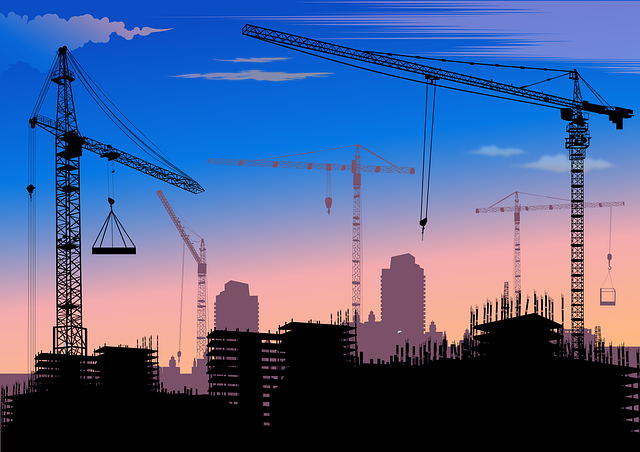
In Singapore, the housing market offers a range of options for prospective homeowners, with Executive Condominiums (ECs) and HDB flats being two of the most popular choices. The eligibility criteria for owning an EC condo versus an HDB flat differ significantly, influencing the decision-making process for many residents. To qualify for an EC, applicants must meet the following criteria: they must be Singaporean citizens, at least one applicant must not have owned any residential property (or a flat from the HUDC) three years before the application, and the household income ceilings must not exceed S$14,000. Furthermore, applicants must be first-time flat owners or must have previously sold their EC on the open market. On the other hand, HDB flats are designed for a broader spectrum of the population. Singles, families, and even married couples without children can all apply for an HDB flat. Unlike ECs, there is no income ceiling for applying, and first-time applicants (or those who have previously owned an HDB flat and have sold it) can purchase a new flat. Both options offer different advantages, with ECs combining elements of private condominium living with public housing affordability, while HDB flats provide a stable and secure living environment that is accessible to a wider demographic of Singapore’s population. Understanding these eligibility criteria is crucial for individuals looking to navigate the housing landscape in Singapore and make an informed decision based on their circumstances and long-term housing goals.
Financial Considerations: Cost of Acquisition, Mortgage Rates, and Resale Value
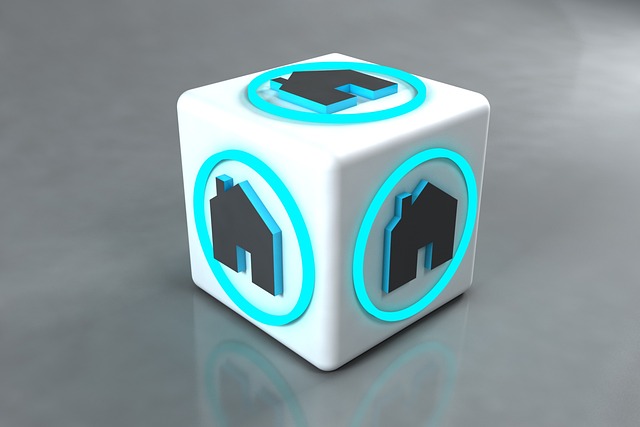
When considering the financial aspects of purchasing a home in Singapore, potential homeowners often compare Executive Condos (ECs) with HDB flats. The cost of acquisition for an EC condo is typically higher than that of an HDB flat, reflecting the enhanced facilities and larger size that come with ECs. Prospective buyers must account for the price difference when making their decision. While both HDB flats and EC condos are available on a 99-year leasehold basis, ECs offer a more premium living experience, often with amenities such as swimming pools, gyms, and playgrounds that may not be present in HDB estates.
Mortgage rates for ECs and HDB flats can also vary significantly. Banks typically offer competitive interest rates for ECs due to their status as a more upscale housing option. This can make the monthly mortgage payments more manageable for buyers. Moreover, the resale value of ECs is an important consideration. Unlike HDB flats, which are sold back to the government upon resale, ECs can be sold on the open market. This provides owners with the potential for greater profit if the property appreciates in value. However, the resale market for ECs is subject to the rules set by the Housing & Development Board (HDB) and the Ministry of National Development, which may affect resale prices and liquidity. Buyers interested in an EC condo must weigh these financial considerations carefully to determine if it aligns with their long-term housing and investment goals.
Location and Design: Selecting the Right EC Condo or HDB Flat for Your Lifestyle
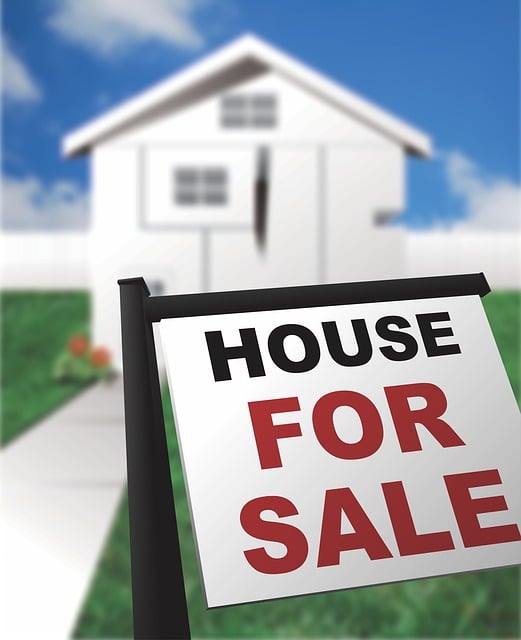
When considering a home that aligns with your lifestyle and preferences, the location and design of an Executive Condominium (EC) or Housing & Development Board (HDB) flat are paramount. An EC condo offers a unique blend of public and private housing benefits, catering to the needs of upgraders with more space and amenities compared to traditional HDB flats. Proximity to essential amenities such as shopping centers, schools, and transportation hubs can greatly influence your daily convenience and quality of life. Opting for an EC condo in a well-connected location means shorter commutes and easier access to leisure activities, which is especially beneficial for families with busy schedules. Additionally, the design of an EC condo often includes thoughtful layouts that maximize space and incorporate modern finishes, ensuring a comfortable and aesthetically pleasing living environment. For those prioritizing ease of living and contemporary comforts, an EC condo might be the ideal choice, offering a balance between the affordability of an HDB flat and the luxuries of a private condominium. On the other hand, HDB flats are available in a variety of locations, ranging from mature estates to new towns, each with its own set of facilities and community vibes. The design of these flats is also tailored to cater to different family sizes and needs, with an emphasis on functionality and space optimization. When selecting between an EC condo and an HDB flat, consider how the location and design will fit into your daily routine and long-term aspirations, ensuring that the home you choose contributes positively to your lifestyle.
Resale and Rental Potential: The Secondary Market for EC Condos and HDB Flats
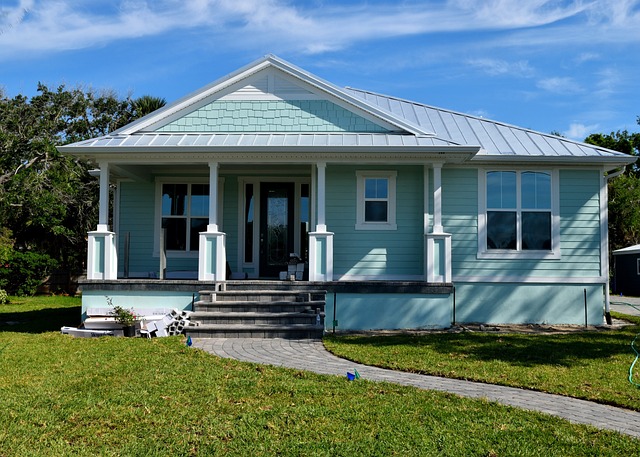
When considering the resale and rental potential in Singapore’s real estate market, both Executive Condos (ECs) and HDB flats offer unique advantages within their respective secondary markets. ECs are a hybrid of public and private housing designed for couples or families who can afford a higher income ceiling but still wish to enjoy certain subsidies. They cater to those who aspire to move up from HDB flats but do not yet qualify for private property ownership. The resale market for ECs is robust, with these units often attracting interest due to their relatively newer condition and the fact that they come with facilities comparable to private condominiums. This makes them a sought-after option for upgraders looking for modern amenities without the price tag of pure private properties.
In contrast, HDB flats have been the cornerstone of Singapore’s public housing and continue to be a popular choice for first-time homeowners due to their affordability and the security of a long-term leasehold from the government. The resale market for HDB flats is extensive, with a consistent demand driven by the large pool of residents looking to upgrade as their financial situation improves. Both ECs and HDB flats appreciate in value over time, but the rate of appreciation can vary based on factors like location, condition, and market trends. Rental potential for both types of properties is also influenced by these factors, with the added consideration of the lease duration remaining for HDB flats, which may affect long-term rental yields. Investors looking at the resale and rental markets should carefully analyze these aspects to make informed decisions tailored to their investment goals.
Long-Term Benefits: Understanding the Matrimonial Home Conversion Scheme for ECs

In Singapore, the Matrimonial Home Conversion Scheme is a significant long-term benefit for couples who opt to live in an Executive Condominium (EC). This scheme allows couples to apply for their EC to be reclassified as private property after they have fulfilled certain conditions, which include living in the EC for at least 5 years and being married for at least 3 years. This conversion can enhance the value of an EC condo, as it becomes a fully privatized residential property upon successful application. Post-conversion, owners enjoy the same rights as private condominium unit owners, including the freedom to sell the property on the open market without restrictions. This scheme provides couples with a stable and flexible housing option that can adapt to their changing needs over time. For those considering an EC condo, understanding this potential for transformation into a private property offers a clear long-term advantage, making it an attractive choice for young families in Singapore. The matrimonial home conversion not only adds to the resale value but also provides peace of mind, knowing that the property can cater to the family’s evolving requirements well into the future.
Comparing Amenities and Facilities: What to Expect from EC Condos and HDB Estates
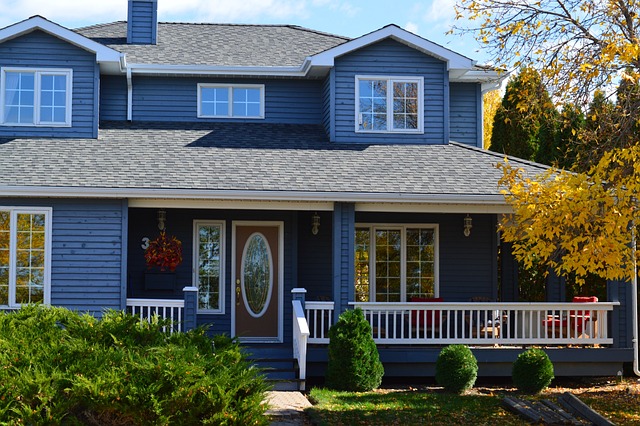
When comparing amenities and facilities between an Executive Condominium (EC) and a Housing & Development Board (HDB) flat, it’s evident that EC condos often come with a wider array of offerings designed to cater to the diverse needs of its residents. ECs are typically equipped with modern facilities such as swimming pools, gymnasiums, and function rooms that contribute to a high-quality living experience. These amenities are usually not available in standard HDB estates, which tend to have more basic communal spaces like void decks, fitness corners, and playgrounds. However, HDB flats, especially those in newer towns or under the Selective Enhancement Programme, may offer additional features like upgraded lifts, longer staircases, and improved security systems. Both EC condos and HDB estates provide green spaces for residents to enjoy, with ECs often boasting lush landscaping and recreational areas that are more akin to private residential properties. Prospective residents should consider their lifestyle preferences and the importance of such amenities when choosing between an EC condo and an HDB flat, as both housing options offer different living experiences and facilities.
Making an Informed Decision: Pros and Cons of Opting for an EC Condo or an HDB Flat

When contemplating between an Executive Condominium (EC) and a Housing & Development Board (HDB) flat, prospective homeowners must weigh the unique advantages and potential drawbacks that each housing option presents. An EC, designed for couples where at least one of the applicants is a Singaporean citizen, offers a blend of public and private housing features. This hybrid status means that an EC comes with a 99-year leasehold tenure, which is a significant factor to consider as it can affect both the affordability and the long-term value of your property investment.
One of the prime pros of opting for an EC condo is its ability to cater to the needs of upgrading families with larger spaces compared to most HDB flats. Additionally, ECs are equipped with more luxurious amenities and facilities, reflecting a higher quality of life for residents. However, the initial cost of purchasing an EC can be steeper than that of an HDB flat due to its market-driven pricing. On the other hand, HDB flats offer a stability and affordability that are attractive to first-time homeowners or those looking for a more straightforward and subsidized housing solution. These flats come with a 99-year lease or can be purchased outright, offering flexibility in terms of resale value and mortgage options. The HDB flat’s smaller size is often offset by its strategic locations close to essential amenities and its inclusion in mature estates with comprehensive infrastructure. Both housing types have their merits; the choice between an EC condo and an HDB flat depends on your long-term objectives, financial considerations, and personal preferences. Prospective homeowners should assess their eligibility, desired living space, future mobility needs, and investment potential to make an informed decision that aligns with their lifestyle and financial goals.
When considering the path to homeownership in Singapore, discerning buyers and investors are often faced with a choice between an Executive Condominium (EC) and a Housing & Development Board (HDB) flat. Both options offer distinct advantages and cater to different needs. ECs, as the dynamic alternative to public housing, blend the amenities of condo living with the affordability that resonates with many aspiring homeowners. HDB flats, on the other hand, provide stability and a strong sense of community, alongside a well-established resale market. Prospective residents must weigh their eligibility, financial readiness, and lifestyle preferences when making this significant decision.
In comparing these two housing types, it’s clear that both EC Condos and HDB Flats have their unique set of benefits and considerations regarding cost, location, design, and future resale or rental potential. The matrimonial home conversion scheme for ECs also presents a long-term advantage for eligible owners. Ultimately, the choice between an EC Condo and an HDB Flat hinges on individual priorities, whether it’s the allure of enhanced facilities in an EC or the traditional charm of an HDB estate.
In conclusion, whether one decides to invest in an Executive Condo or opt for a HDB flat, understanding the nuances of each option is paramount. With careful consideration of the eligibility criteria, financial implications, and lifestyle aspirations, potential homeowners can make an informed decision that aligns with their long-term goals and personal circumstances.


